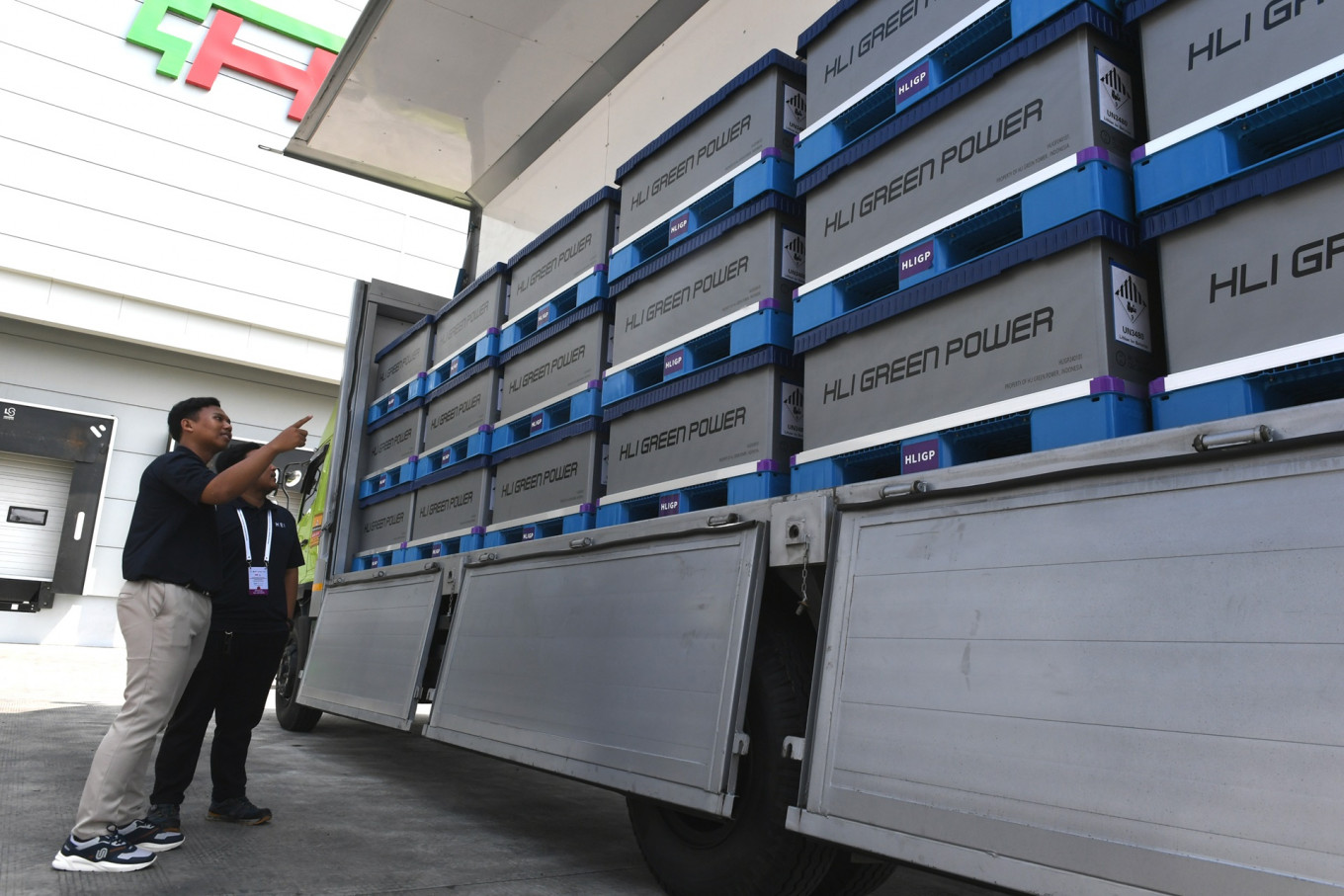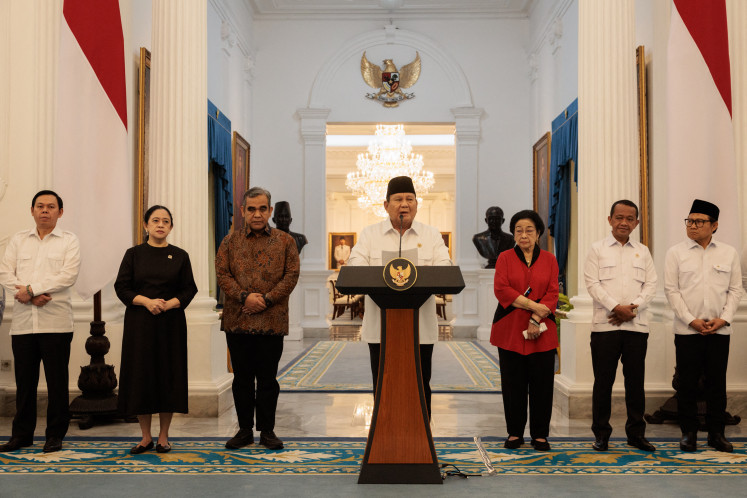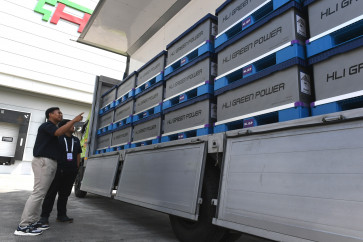Popular Reads
Top Results
Can't find what you're looking for?
View all search resultsPopular Reads
Top Results
Can't find what you're looking for?
View all search resultsReforming Indonesia’s local content requirement policy
A major shift in global trade dynamics, coupled with the growing evidence of LCR-related inefficiencies, makes recalibrating the policy a logical and necessary step.
Change text size
Gift Premium Articles
to Anyone
I
ndonesia is once again standing at a strategic crossroads in its trade and industrial policies, following United States President Donald Trump’s recent announcement of reciprocal tariffs.
The US’ decision to impose a 32 percent tariff on Indonesian goods, citing unbalanced trade and unfair practices, has pressured the archipelago to reconsider its economic policies, including the Local Content Requirement (LCR).
In response to the US move, the Indonesian government not only plans to refrain from retaliating against the US tariffs, but also to review its LCR policy, locally known as Tingkat Komponen Dalam Negeri (TKDN). While this stance is both timely and necessary, adjusting the policy will not be without consequences.
Any policy reform must be approached with strategic clarity, balancing both the long-term competitiveness of Indonesia’s industries and the trust of foreign investors who have committed capital based on the existing LCR policy framework.
Currently, Indonesia maintains one of the highest utilization rates of LCRs globally. The existing policy mandates that a significant portion of inputs, mostly ranging from 30 percent to 50 percent, be sourced domestically.
The policy is part of a broader industrial strategy aimed at promoting domestic manufacturing capacity, creating employment opportunities and strengthening local supply chains. It also plays a central role in the government’s import substitution agenda, being fully integrated into the government’s procurement system.
To some extent, it has achieved these objectives. Several foreign investors, such as Hyundai and LG Chem, have established manufacturing plants and sourced components domestically to comply with the requirements and benefit from access to government contracts and incentives. This inward-looking policy has stimulated the growth of certain industries, such as automotive, electronics and energy.



















